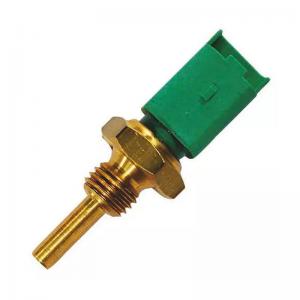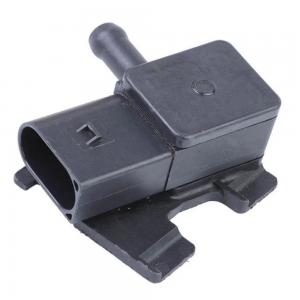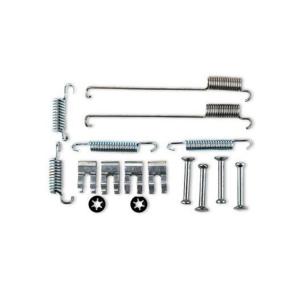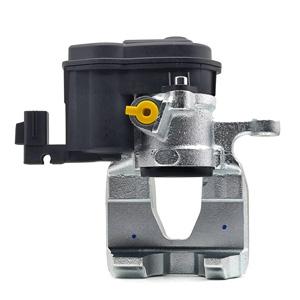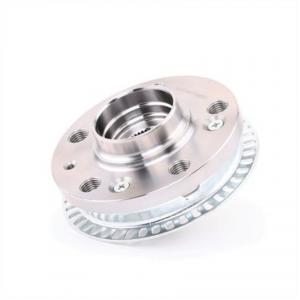Engine Coolant Water Temperature Sensor 8200650777 226301872R 2263000Q0F 110603999R for Benz Renault Smart Opel Qashqai
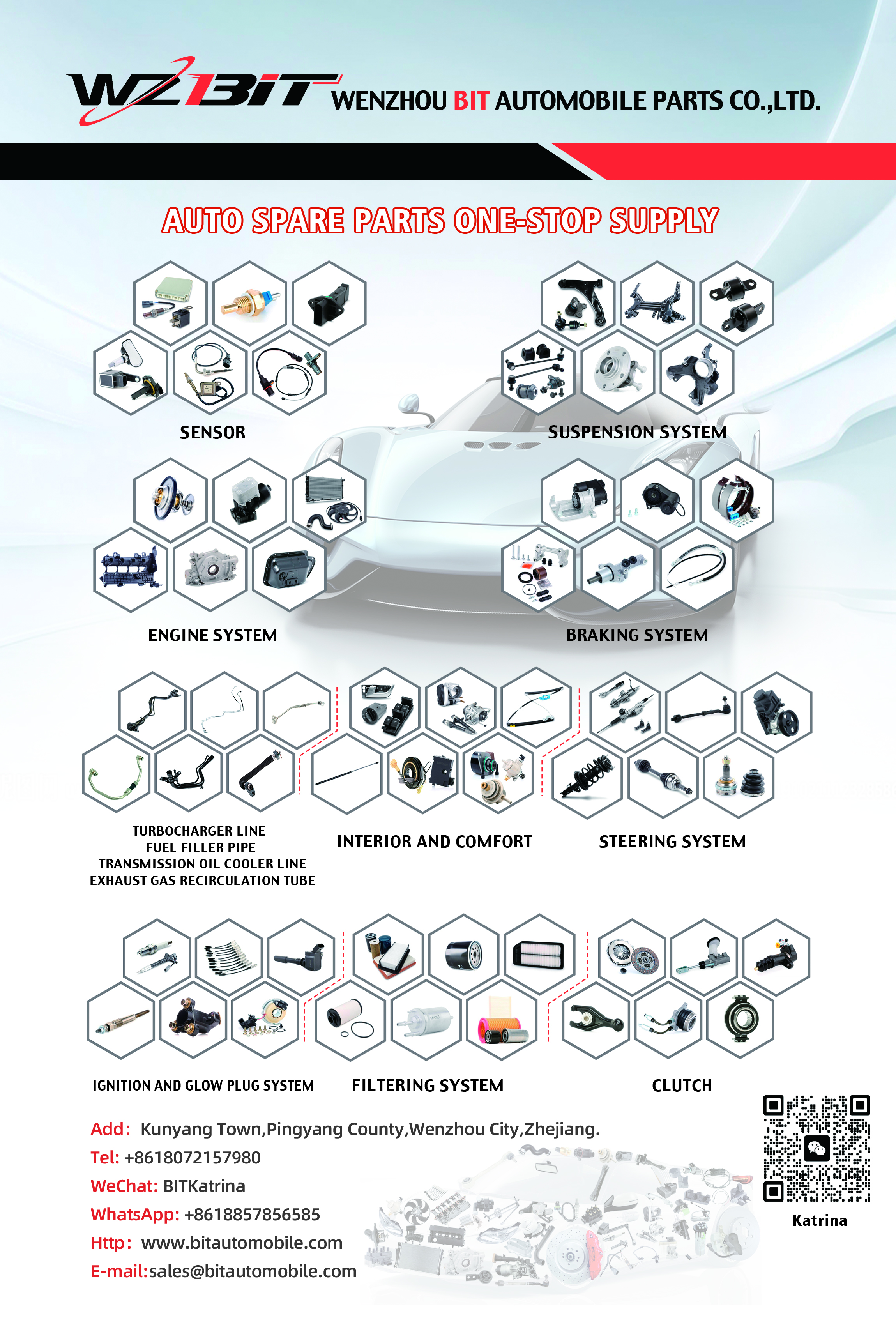
The coolant temperature sensor (CTS) is a crucial component in a vehicle's engine cooling system. It monitors the temperature of the engine coolant and provides this information to the Engine Control Unit (ECU).
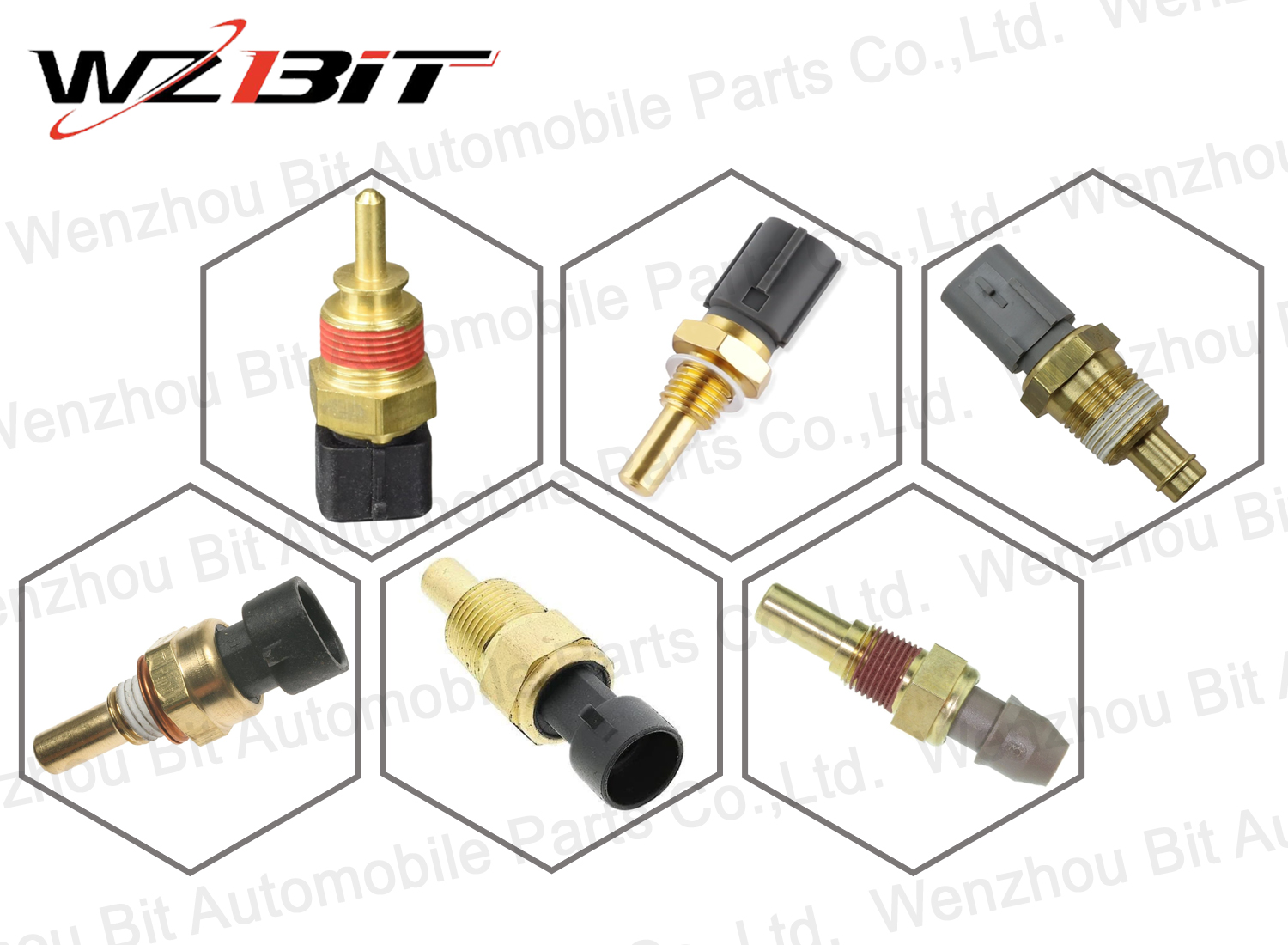
| 93198034 | 2263000Q0F | 22630-00Q0F | 93161777 |
| 226301872R | 2263000Q0K | 22630-00Q0K | 93859221 |
| 7700110664 | 2263000Q1M | 22630-00Q1M | 93859755 |
| 8200385782 | 2263000Q2J | 22630-00Q2J | 95519127 |
| 8200421597 | A2819050500 | 4431529 | 110603999R |
| 8200650777 | A6079051200 | 4433120 | 110609363R |
| 8200766043 | 22630-00A0K | 4423727 | 13650-67JG0-000 |
Compatible Applications
|
Renault MASTER II Bus (JD) (1998/03 - /) |
| Renault LAGUNA II (BG0/1_) (2001/03 - /) |
| Renault LAGUNA II Grandtour (KG0/1_) (2001/03 - /) |
| Renault TRAFIC II Bus (JL) (2001/03 - /) |
| Renault TRAFIC II Box (FL) (2001/03 - /) |
| Renault ESPACE Mk IV (JK0/1_) (2002/11 - /) |
| Renault MEGANE II (BM0/1_, CM0/1_) (2002/11 - 2011/01) |
| Renault SCéNIC II (JM0/1_) (2003/06 - /) |
| Renault MEGANE II Coupé-Cabriolet (EM0/1_) (2003/09 - 2009/12) |
| Renault MEGANE II Grandtour (KM0/1_) (2003/08 - 2012/08) |
| Renault CLIO III (BR0/1, CR0/1) (2005/01 - /) |
| Renault TWINGO II (CN0_) (2007/03 - /) |
| Renault LAGUNA III (BT0/1) (2007/10 - /) |
| Renault LAGUNA III Sport Tourer (KT0/1) (2007/10 - /) |
| Renault CLIO Grandtour (KR0/1_) (2008/02 - /) |
| Renault KANGOO / GRAND KANGOO (KW0/1_) (2008/02 - /) |
| Renault KANGOO Express (FW0/1_) (2008/02 - /) |
| Renault LAGUNA Coupe (DT0/1) (2008/09 - /) |
| Renault KANGOO BE BOP (KW0/1_) (2009/02 - /) |
| Renault MEGANE III Hatchback (BZ0_) (2008/11 - /) |
| Renault MEGANE III Coupe (DZ0/1_) (2008/11 - /) |
| Renault GRAN TOUR III Estate (KZ0/1) (2008/11 - /) |
| Renault SCéNIC III (JZ0/1_) (2009/02 - /) |
| Renault FLUENCE (L30_) (2010/02 - /) |
| Renault MEGANE CC (EZ0/1_) (2010/06 - /) |
| Renault MASTER III Box (FV) (2010/02 - /) |
| Renault MASTER III Platform/Chassis (EV, HV, UV) (2010/02 - /) |
| Renault MASTER III Bus (JV) (2011/02 - /) |
| Renault CLIO IV (2012/11 - /) |
| Renault CLIO Grandtour IV (2013/01 - /) |
| Renault CAPTUR (2013/06 - /) |
| Mercedes Benz B-CLASS (W246, W242) (2011/11 - /) |
| Mercedes Benz A-CLASS (W176) (2012/06 - /) |
| Mercedes Benz CITAN Dualiner (415) (2012/11 - /) |
| Mercedes Benz CITAN Kombi (415) (2012/11 - /) |
| OPEL VIVARO Box (F7) (2001/08 - /) |
| OPEL VIVARO Combi (J7) (2001/08 - /) |
| OPEL VIVARO Platform/Chassis (E7) (2006/01 - /) |
| OPEL MOVANO B Box (2010/05 - /) |
| OPEL MOVANO B Platform/Chassis (2010/05 - /) |
| OPEL MOVANO B Bus (2010/12 - /) |
| Qashqai DACIALODGY (2012/03 - /) |
| Qashqai DACIADOKKER (2012/11 - /) |
| Qashqai DACIADOKKER Express (2012/12 - /) |
Function
- Temperature Monitoring: The primary function of the coolant temperature sensor is to monitor the temperature of the engine coolant.
- Engine Control: The sensor provides real-time data to the ECU, which uses this information to adjust fuel injection timing, ignition timing, and other engine parameters based on the engine’s operating temperature.
- Coolant System Regulation: It helps regulate the operation of the engine cooling fans, ensuring proper cooling under varying engine loads and conditions.
Components
- Temperature-Sensitive Resistor: Most coolant temperature sensors use a Negative Temperature Coefficient (NTC) thermistor—a resistor whose electrical resistance decreases as temperature increases.
- Connector and Wiring: Connects the sensor to the vehicle’s electrical system, transmitting the temperature signal to the ECU.
- Housing: Protects the sensor from coolant and engine heat while ensuring accurate temperature readings.
Operation
- Signal Generation: As coolant temperature changes, the electrical resistance of the thermistor inside the sensor changes.
- Signal Interpretation: The ECU interprets the varying resistance as coolant temperature and adjusts engine parameters accordingly.
- Feedback Loop: Based on coolant temperature sensor readings, the ECU can control fuel mixture, idle speed, emissions controls, and other functions to optimize engine performance and efficiency.
Importance
- Engine Performance: Proper functioning of the coolant temperature sensor ensures that the engine operates within the optimal temperature range for efficient combustion and reduced emissions.
- Emissions Control: It helps maintain proper fuel-air mixture and combustion timing, which are critical for minimizing emissions and complying with environmental regulations.
- Diagnostic Tool: The coolant temperature sensor is vital for diagnosing engine issues, as abnormal temperature readings can indicate cooling system problems or sensor failure.
Maintenance and Troubleshooting
- Testing: If there are symptoms of coolant temperature sensor failure (e.g., check engine light, engine overheating), the sensor can be tested using diagnostic tools to verify its operation and signal output.
- Replacement: If the coolant temperature sensor fails due to wear, electrical faults, or contamination, it may need to be replaced. Replacement involves draining coolant (if necessary), disconnecting electrical connectors, and removing the sensor from its mounting location.
In Summary
The coolant temperature sensor plays a critical role in engine performance and emissions control by providing accurate temperature data to the ECU. Regular maintenance and prompt replacement of faulty sensors are essential for maintaining vehicle reliability and performance.
Send your message to us:









